Medicinal Benefits
Grow Your Own Herbs: Discover Their Medicinal Benefits
Herbs have been used for centuries not only to add flavor to dishes but also for their medicinal properties. Growing your own herbs at home is a rewarding experience that can provide you with fresh, organic herbs at your fingertips. Additionally, many herbs offer various health benefits, making them a valuable addition to your garden and kitchen. Let's explore some popular herbs you can easily grow and their medicinal properties.
1. Basil
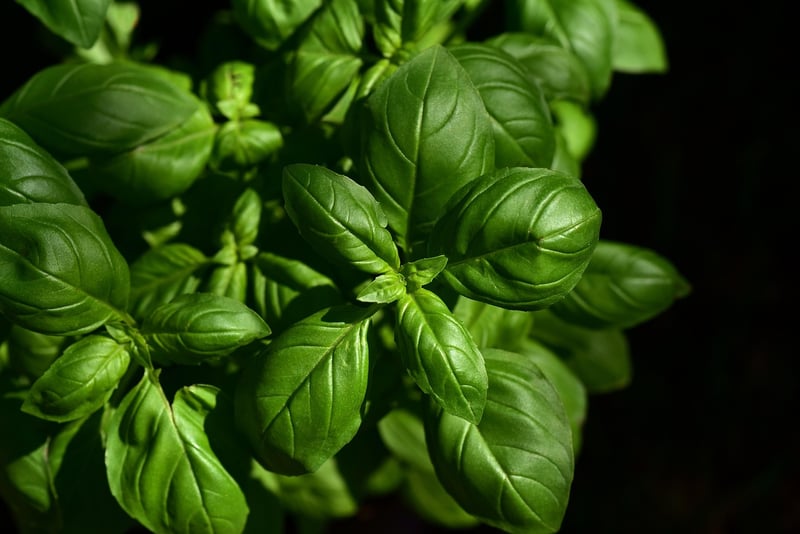
Basil is a fragrant herb known for its anti-inflammatory and antibacterial properties. It is rich in antioxidants and can help reduce inflammation in the body. Basil also aids in digestion and can be used to alleviate symptoms of indigestion.
2. Mint
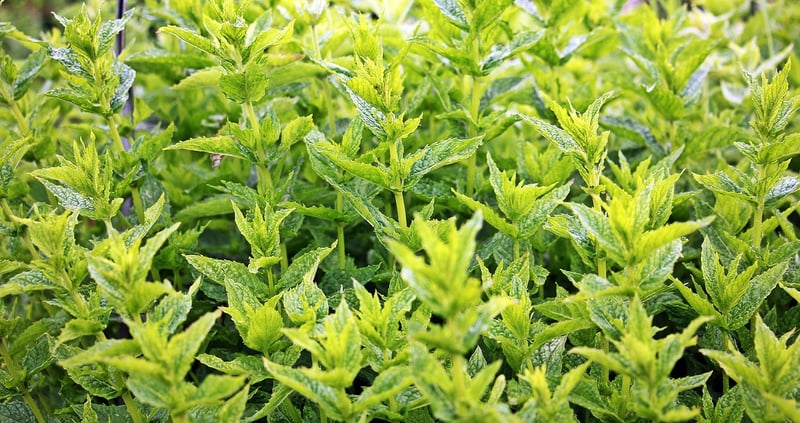
Mint is a refreshing herb that is widely used for its digestive properties. It can help soothe an upset stomach, reduce bloating, and aid in digestion. Mint also has antimicrobial properties and can freshen breath.
3. Rosemary
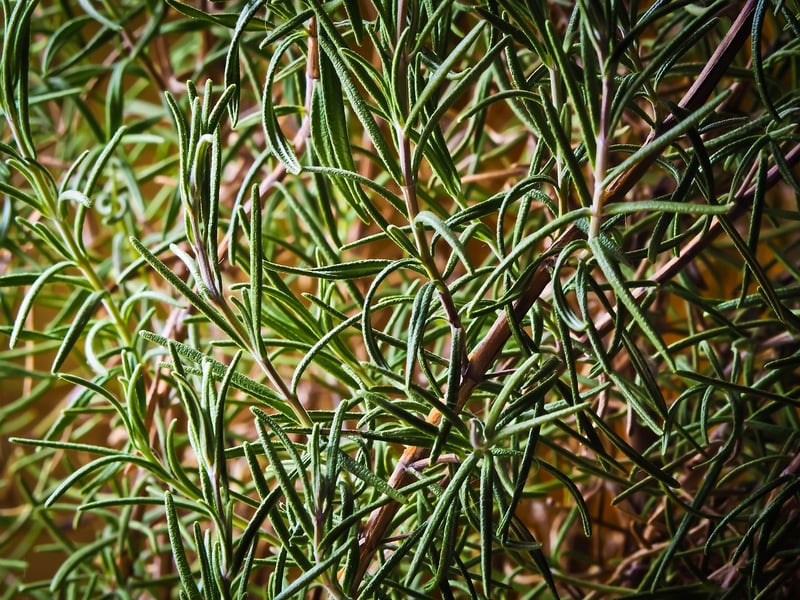
Rosemary is a versatile herb with antioxidant and anti-inflammatory properties. It is known to improve memory and concentration. Rosemary can also help boost the immune system and promote circulation.
4. Lavender
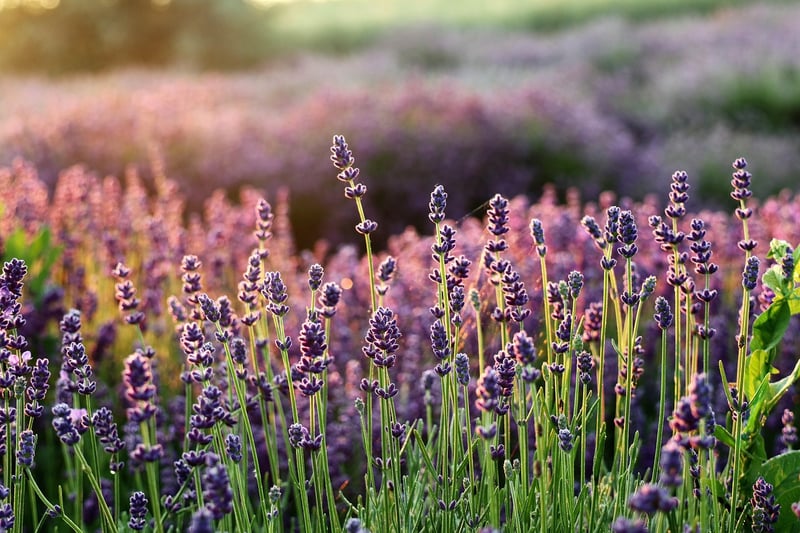
Lavender is a calming herb that is often used for its relaxing properties. It can help reduce stress and anxiety, promote better sleep, and relieve headaches. Lavender is also known for its antiseptic properties.
5. Thyme
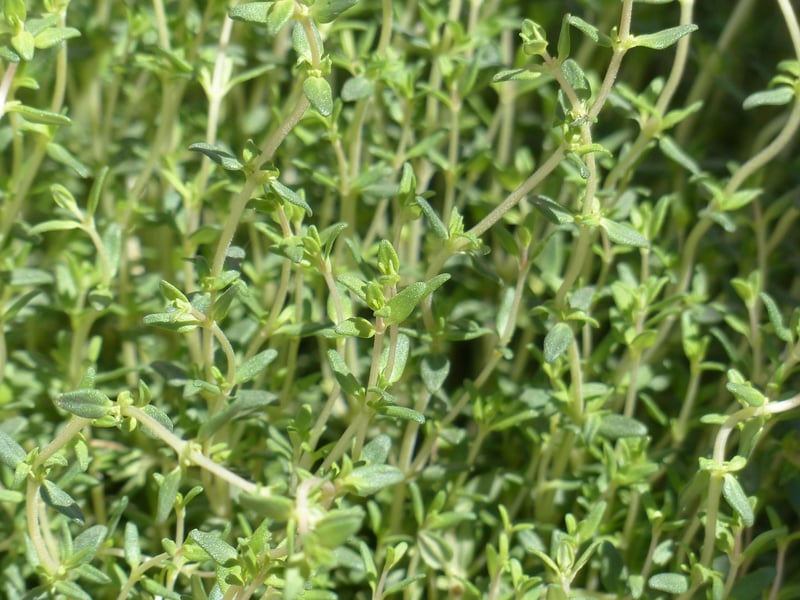
Thyme is a herb with antimicrobial properties that can help fight infections and boost the immune system. It is also rich in antioxidants and can aid in respiratory health. Thyme is often used to relieve coughs and sore throats.
By growing these herbs at home, you not only have easy access to fresh ingredients for your culinary creations but also a natural way to promote your health and well-being. Start your herb garden today and enjoy the benefits of these versatile plants!
Remember to consult with a healthcare professional before using herbs for medicinal purposes, especially if you have any existing health conditions or are pregnant.
References: PubMed Central, ScienceDirect
